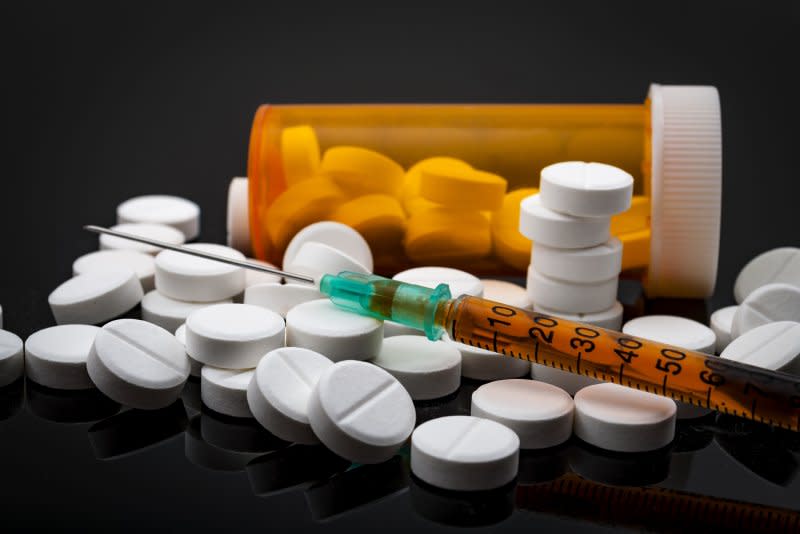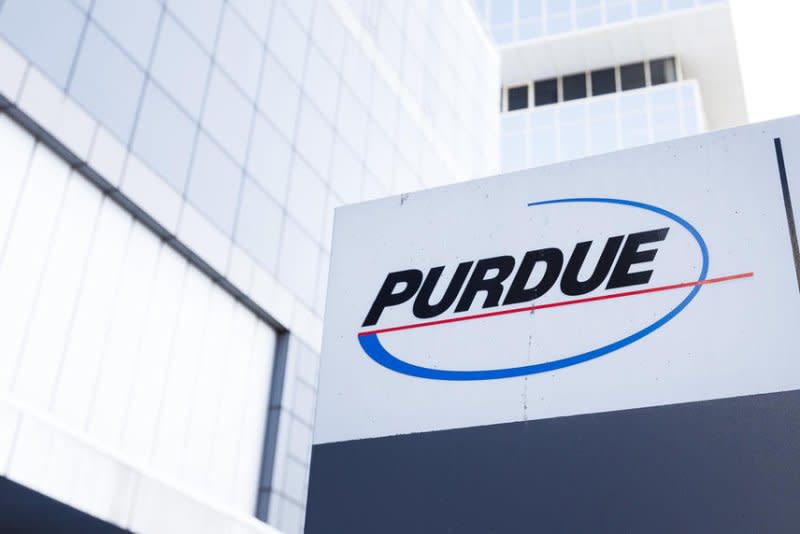Publicis to pay $350 million in opioid settlement

Feb. 1 (UPI) -- In the first-ever settlement with an advertising company for its role in the U.S. opioid epidemic, Publicis Health agreed Thursday to pay states $350 million to settle claims that it developed "predatory and deceptive marketing strategies" for Purdue Pharma that increased prescriptions and sales of OxyContin, making the opioid crisis more devastating.
A handful of states brought lawsuits against Publicis Health, contending the company knowingly and directly stoked the U.S. opioid epidemic. Publicis worked with Purdue Pharma from 2010 to 2019 to develop marketing campaigns and materials, including brochures promoting opioids, including the highly addictive painkiller OxyContin.
"For a decade, Publicis helped opioid manufacturers like Purdue Pharma convince doctors to overprescribe opioids, directly fueling the opioid crisis and causing the devastation of communities nationwide," said New York Attorney General Letitia James. "No amount of money can compensate for lives lost and addiction suffered, but with this agreement, Publicis will cease their illegal behavior and pay $350 million to help our communities rebuild."
The states contended in their lawsuits that Publicis Health deployed a strategy developed for Purdue Pharma by McKinsey & Co. known as "Evolve to Excellence," which targeted doctors who prescribed the most OxyContin.
Publicis then played up "abuse-deterrent" aspects of OxyContin and encouraged doctors to prescribe increased dosages.

McKinsey & Co. separately agreed to pay $641 million to resolve claims by a number of states for its role in the plan.
"Publicis devised and deployed unfair and deceptive marketing campaigns designed to push doctors to prescribe opioids to more patients, in higher doses and for longer periods of time," a lawsuit by the state of Massachusetts said. "By design, Publicis' schemes worked to counter public health measures intended to reduce unnecessary opioid use, because more opioid use generated more profits for Publicis' opioid clients."
The settlement agreement requires Publicis Health to pay the states within 60 days and bans the company from accepting any future contracts or engagements related to the marketing or sale of opioids.
As part of the settlement, Publicis is also required to release internal documents related to its work for Purdue Pharma and other opioid manufacturers, as well as communications with consultants like McKinsey and Practice Fusion.
In a statement Thursday, Publicis said the settlement was "in no way an admission of wrongdoing or liability."
It added that its marketing work for opioid manufacturers had been done by a smaller advertising agency, Rosetta, that it owned but closed 10 years ago.
Publicis defended its work as "at all times fully compliant with the law."
Between 1999 and 2021, nearly 645,000 Americans died from an overdose involving any opioid, including prescription and illicit opioids, according to the Centers for Disease Control and Prevention.
State attorneys general have mounted an aggressive campaign and several lawsuits to impose penalties on companies the lawyers say are responsible for starting and fostering the epidemic, often by rewarding doctors who wrote the highest number of prescriptions for opioids. The reward ranged from trips and other perks to cash.

